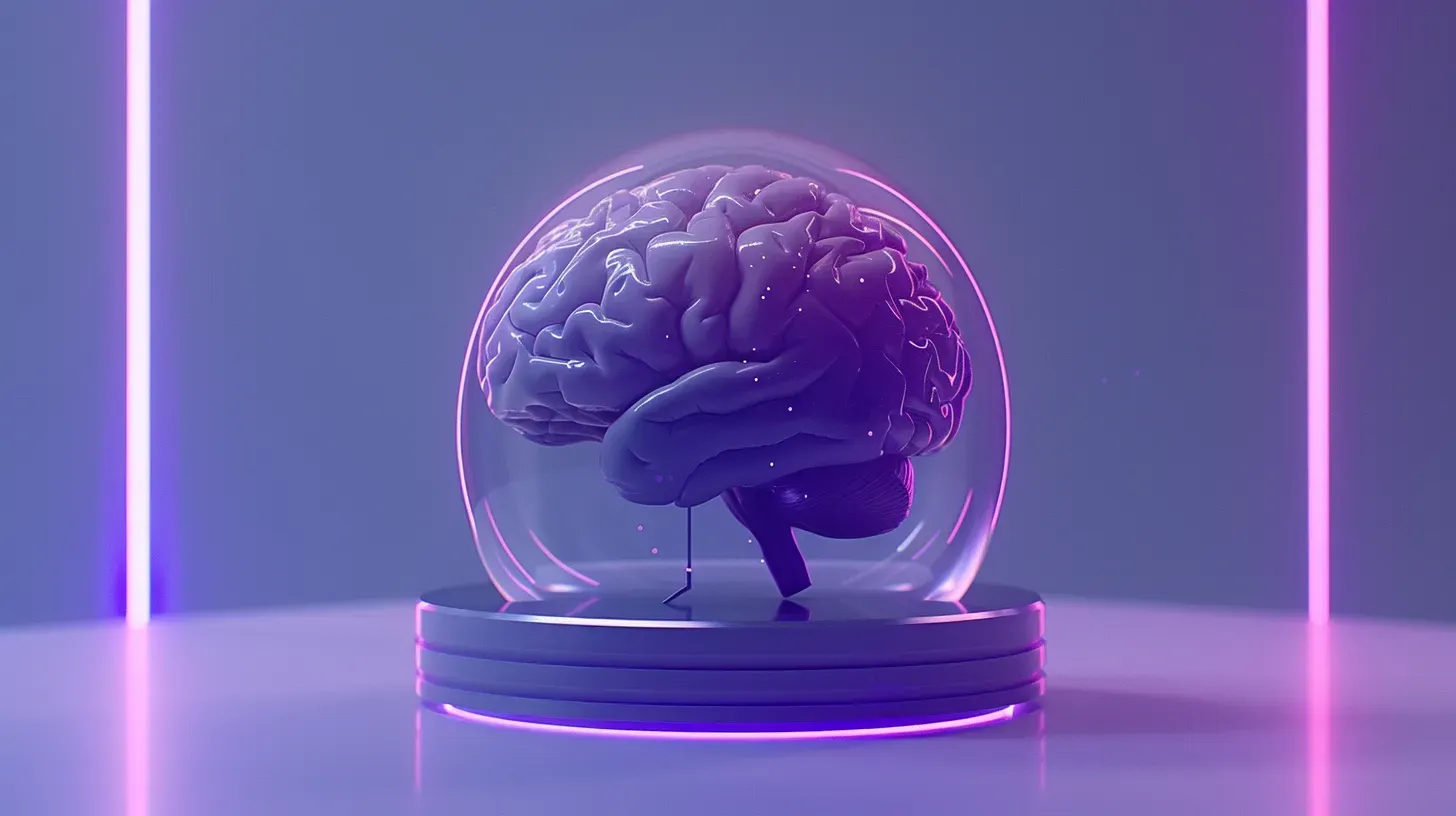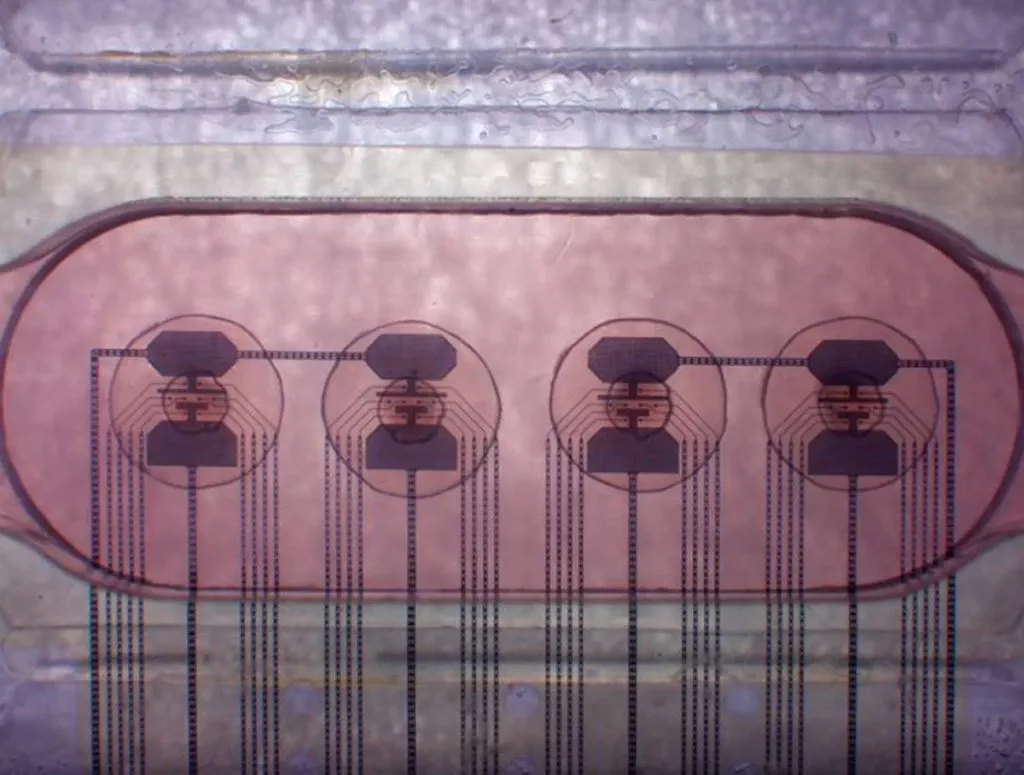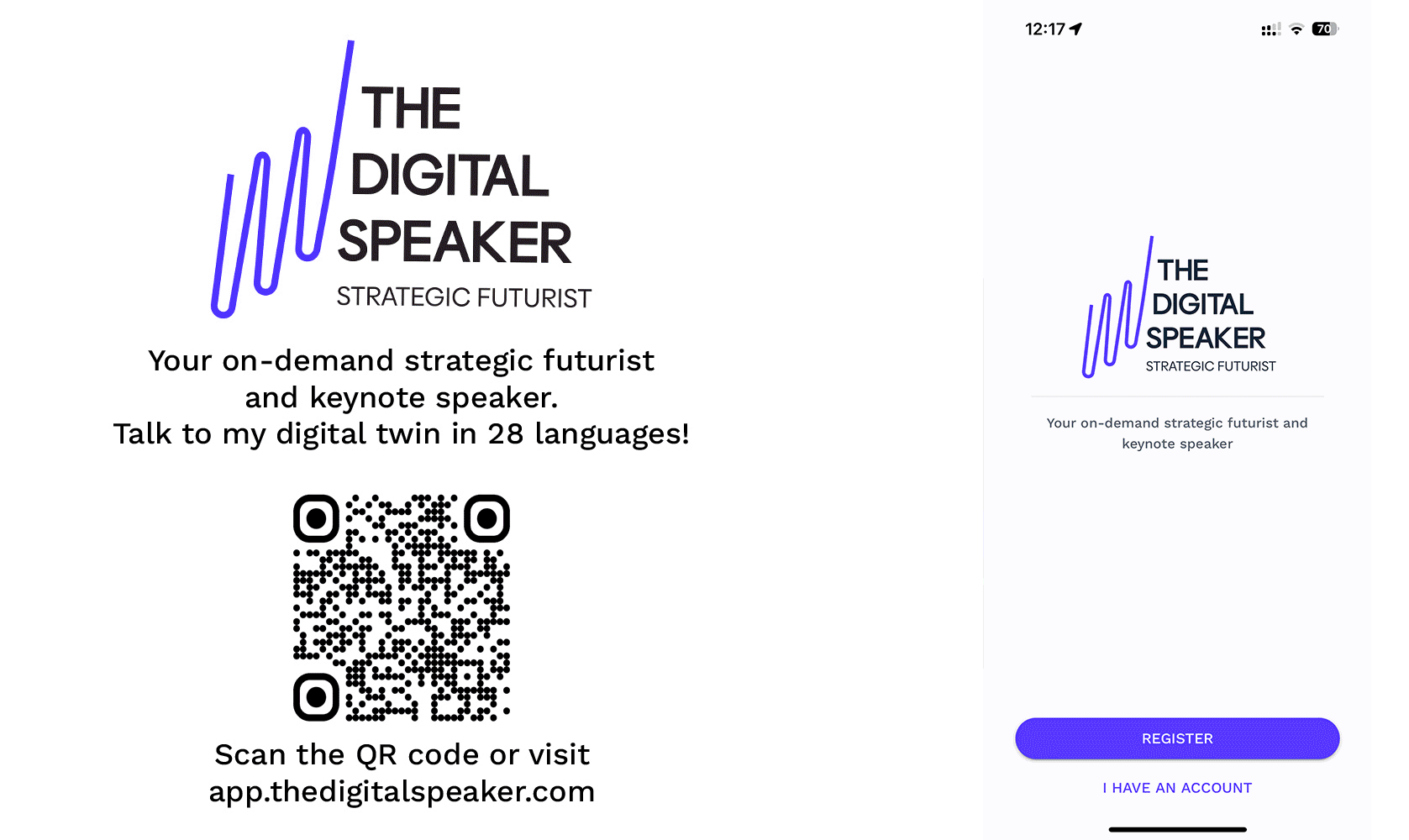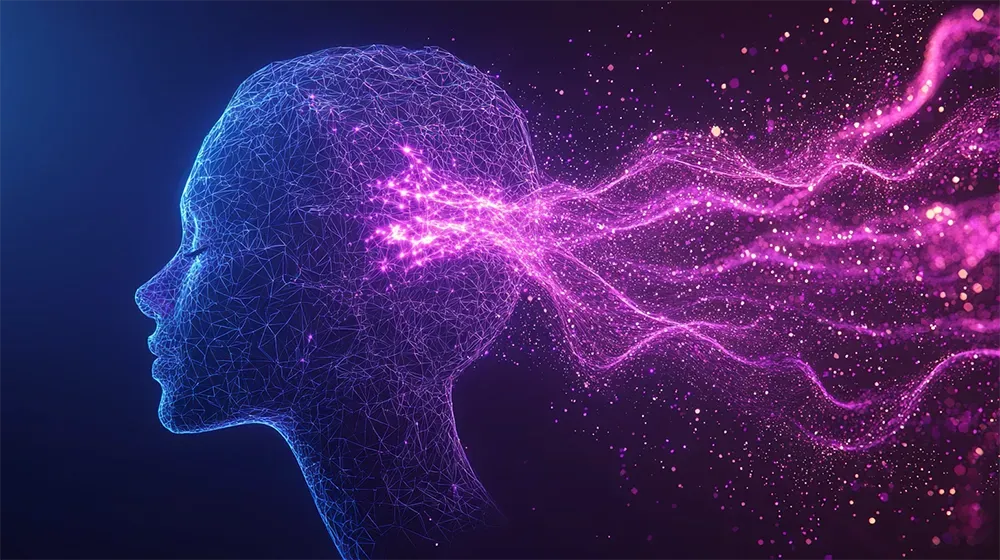The Rise of Bioprocessors: How Human Brain Cells Could Revolutionize AI

Could bioprocessors be the eco-friendly saviour of AI, or are we playing with fire by merging human tissue and technology?
FinalSpark, a pioneering Swiss startup, has launched Neuroplatform, the world’s first bioprocessor using human brain organoids. This groundbreaking innovation promises to transform computing by drastically reducing energy consumption—potentially a million times less power than traditional digital processors.
By integrating living brain tissue into computing systems, FinalSpark aims to mitigate the environmental impact of AI development while unlocking new potentials for computational efficiency. The platform, already used by nine institutions, combines hardware, software, and biology to create a low-energy, high-efficiency processing system.

Bioprocessors operate on the concept of "wetware," blending hardware, software, and biological components. Neuroplatform utilizes Multi-Electrode Arrays (MEAs) housing brain organoids, small clusters of human brain cells, to perform computations. These organoids, kept alive in controlled environments, interact with digital systems through electrodes, converting neural activity into digital data. This setup not only promises energy savings but also offers a new frontier for AI development, potentially leading to more advanced and efficient models.
The societal implications of biocomputing are profound. On the environmental front, bioprocessors could significantly reduce the carbon footprint of AI, addressing one of the major criticisms of current AI development methods. Training a large language model like GPT-4, for instance, requires enormous energy—equivalent to the annual consumption of thousands of households. By contrast, bioprocessors, operating on the energy equivalent of a light bulb, could democratise access to advanced computing without the hefty environmental cost.
In addition, bioprocessors could drive innovation in areas beyond AI. In biomedical research, they offer a unique platform for studying brain diseases and developing new treatments. The ability to simulate and manipulate brain activity in a controlled setting opens new avenues for understanding neurological conditions and testing therapeutic interventions without invasive procedures.
However, this technology also raises ethical questions. The use of human brain cells, even in organoid form, touches on concerns about sentience and the definition of life. While FinalSpark emphasizes that these organoids are not sentient, the debate about the moral implications of using living cells for computing persists.
The potential for bioprocessors to revolutionize computing and society is immense. They could lead to more sustainable AI development, innovative medical research, and new computational paradigms. Yet, as with all groundbreaking technologies, it is crucial to balance innovation with ethical considerations. Can we harness the power of biocomputing responsibly, ensuring that the benefits do not come at an unacceptable moral cost?
Read the full article on FinalSpark.
----
💡 If you enjoyed this content, be sure to download my new app for a unique experience beyond your traditional newsletter.
This is one of many short posts I share daily on my app, and you can have real-time insights, recommendations and conversations with my digital twin via text, audio or video in 28 languages! Go to my PWA at app.thedigitalspeaker.com and sign up to take our connection to the next level! 🚀

If you are interested in hiring me as your futurist and innovation speaker, feel free to complete the below form.
Thanks for your inquiry
We have sent you a copy of your request and we will be in touch within 24 hours on business days.
If you do not receive an email from us by then, please check your spam mailbox and whitelist email addresses from @thedigitalspeaker.com.
In the meantime, feel free to learn more about The Digital Speaker here.
Or read The Digital Speaker's latest articles here.





